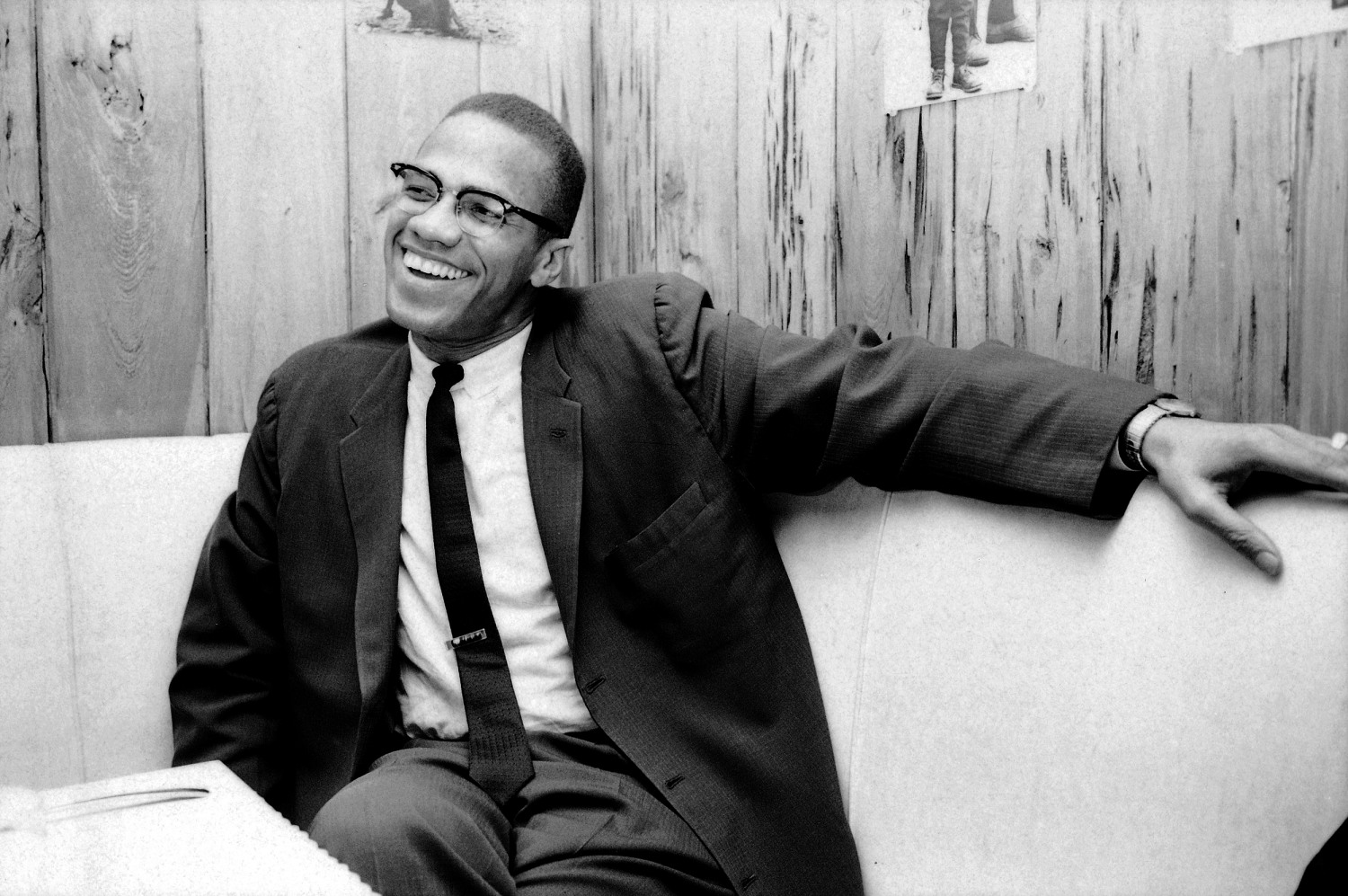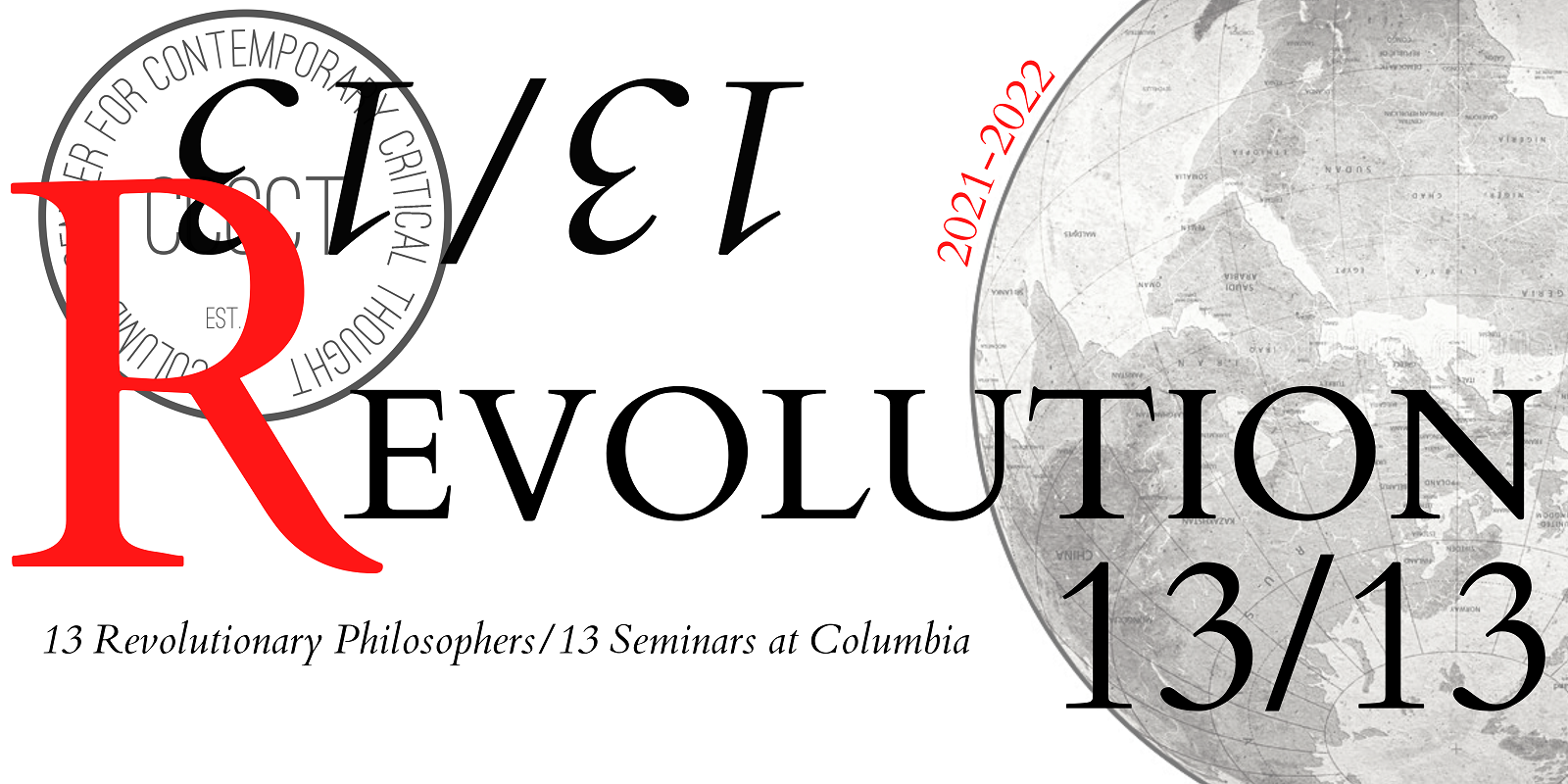By Brandon Terry in the New York Review of Books (March 11, 2021)
Martin Luther King Jr. and Malcolm X met only once, at the US Capitol during the Senate debate over the 1964 Civil Rights Act. That chance encounter was immortalized in a photograph that shows the two men shaking hands and smiling but reveals little trace of the public feud that has linked them in our historical imagination. Their conflict has cast arguably the longest shadow over African-American politics and the struggle for racial justice of any contretemps since the one between W.E.B. Du Bois and Booker T. Washington at the turn of the twentieth century.
Just a few years after King came to international renown as the spokesman for the 1955 Montgomery bus boycott, Malcolm delivered a star turn in The Hate That Hate Produced, a 1959 television documentary hosted by Mike Wallace, who introduced Elijah Muhammad’s Nation of Islam (NOI) sect, to which Malcolm then belonged, as a living “indictment of America.” While Malcolm was most notorious for the prosecutorial zeal with which he cross-examined the propaganda of white supremacy, he also made attacks on King a recurring element of his rhetoric and transgressive allure. Malcolm charged King with being “cowardly” and “a traitor to his own people,” insulting him as an “Uncle Tom,” “handkerchief head,” and, most spitefully, “house Negro.” He suggested that King’s great betrayal was his promotion of a self-defeating philosophy of racial integration and nonviolence, which would ensure that its adherents suffered racial domination peacefully and without resistance….
To continue to read, find the full article here at the New York Review of Books.

Black activist Malcolm X on March 1, 1964.Truman Moore / The LIFE Images Collection via Getty Images
